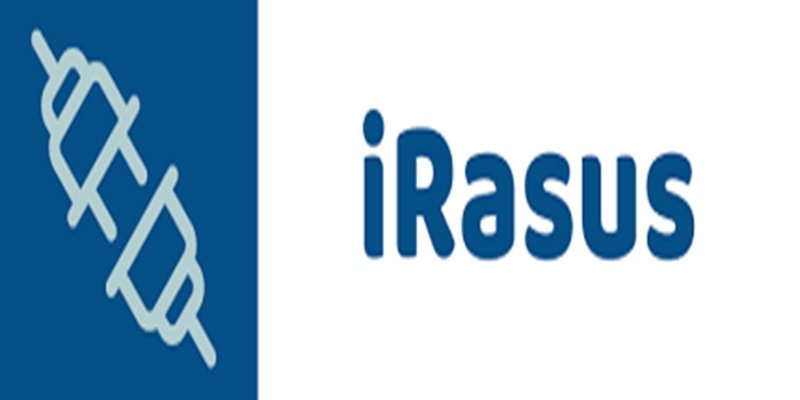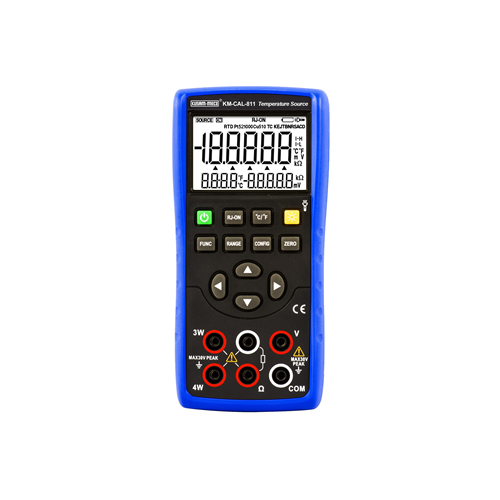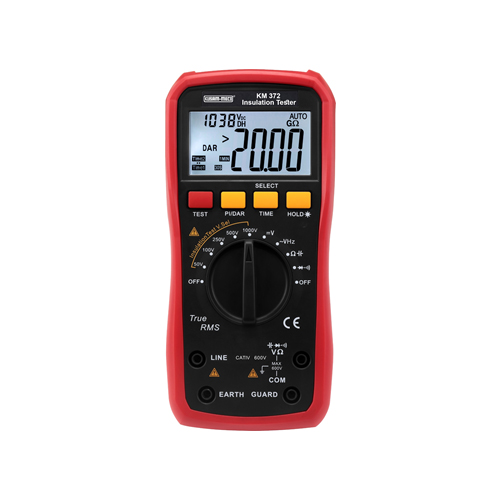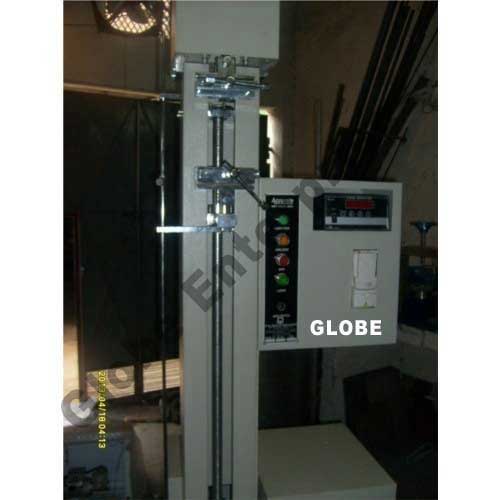Schedule a Call Back
IPLON is focusing on creating a sustainable ecosystem
 Interviews
Interviews- Apr 01,18
Related Stories

EFTA Commits $100 Billion Investment in India: Goyal
Goyal says EFTA to invest $100 billion in India’s innovation and manufacturing.
Read more
Ideazmeet Secures Patent for Intelligent Manufacturing Networking System
The patent was granted in recognition of ideazmeet’s innovative approach to solving one of manufacturing’s most fundamental challenges - identifying the right partners based on ‘intent’, not..
Read more
iRasus and Jouletap Strengthen EV Battery Reliability Through Preksha Platform
The partnership has led to big improvements in operations thanks to iRasus' flagship Preksha platform.
Read moreRelated Products

Kusam-meco” 1000v Dc Hand Held Digital Insulation Resistance Tester - Model- Km 372
Kusam-Meco has added a new hand-held digital insulation resistance tester cum digital multimeter for the convenience of electricians.

Kusam-meco” 1000v Dc Hand Held Digital Insulation Resistance Tester
Kusam Electrical Industries Ltd offers Kusam-Meco” 1000V DC hand held digital insulation resistance tester - Model- KM 372.

Tensile Strength Tester
Globe Enterprises offers a wide range of tensile strength tester.















